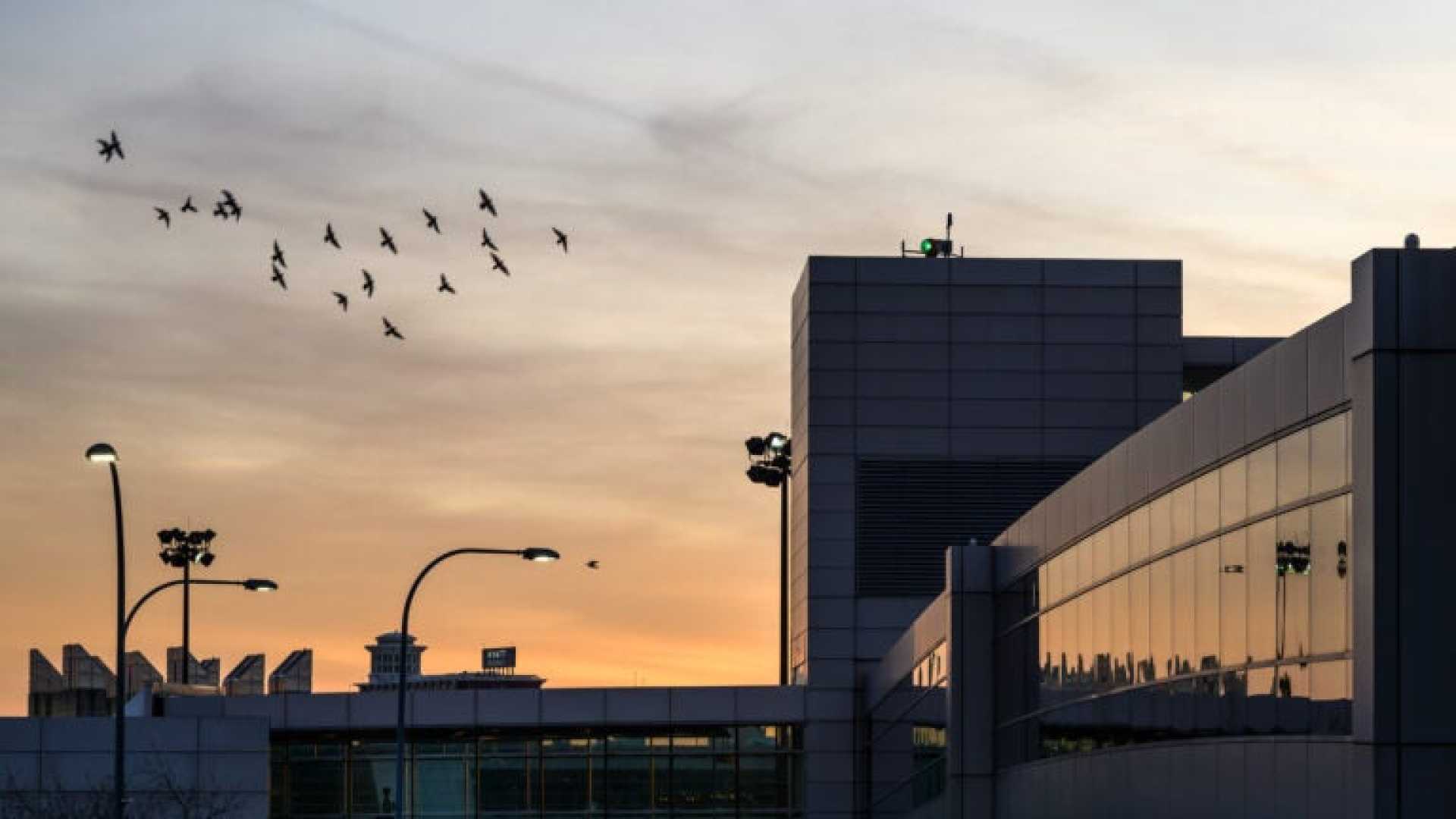Business
Uber and Lyft Fares May Rise for Logan Airport Trips Beginning This Summer

BOSTON, Mass. — Passengers using Uber and Lyft to travel to and from Logan International Airport may soon see their fares rise significantly. The Massachusetts Port Authority (Massport) is considering an increase in the fees it charges ride-hailing companies, with proposed changes set to begin as early as July.
Currently, Massport charges ride-hailing services a $3.25 fee for both pickups and drop-offs at Logan Airport, which these companies typically pass on to customers. However, a recent committee meeting revealed plans to hike these fees to $5.50 each way starting in July and eventually to $7.50 by July 2027. This initiative is aimed at influencing consumer behavior and generating revenue for necessary ground transportation investments, according to materials from the meeting reviewed by the Globe.
In fiscal year 2024, which concluded in June, the fees for ride app drop-offs alone accounted for $15.6 million in revenue for Massport, showing an increase from $13.7 million the previous year. The report also noted that ride-hailing pickups and drop-offs at Logan Airport rose by approximately 14 percent during the same period.
Massport spokesperson Jennifer Mehigan stated that the agency is engaged in ongoing discussions with both Uber and Lyft regarding the proposed fee changes. “The discussion at the board committee meeting is part of an overall strategic ground transportation plan,” Mehigan emphasized. She highlighted that nearly 30 percent of all Logan passengers utilized ride-hailing services in 2024, marking it as the most prevalent mode of transportation to the airport.
If implemented, the fee increases would aim to fund infrastructure upgrades at the airport, including enhancements for Logan Express sites, which transport passengers to and from Boston suburbs, constructing additional facilities, and adding more electric vehicle chargers. Mehigan stated, “As passengers increase at Logan, we expect even more to use ride apps. We need to continue to improve our infrastructure to handle the demand.”
Under the discussed proposal, taxis would also face an increase in their pickup surcharge, escalating from $2.25 currently to $5.50 by 2027. Additionally, rates for employee parking, terminal parking, economy parking, passport gold parking, and limousine pickups would rise.
Mehigan confirmed that further discussions will take place before a potential vote on the fee increases at the March board meeting.
Concerns have already been raised about the impact of the proposed fee increases on consumers. Josh Gold, Uber’s senior director of public policy and communications, expressed worry that the projected $15 roundtrip surcharge could burden riders and negatively affect the business of Uber drivers. Gold questioned why ride-hailing services are subjected to higher fees compared to taxis and personal vehicles, which pay no fees but are noted as a significant contributor to congestion.
“There’s new technology and developments that we are working with other airport operators on that we would love to work with Massport on to reduce congestion, reduce dwell time on the curb, and get more people into fewer vehicles,” Gold remarked. However, he criticized the timing of the proposed fee increase as an unexpected financial burden for consumers.
The last adjustment in ride app fees at Logan Airport occurred in 2019 when Massport established a $3.25 drop-off fee to align with the existing pickup charge, with a discount for shared rides. At that time, the fee increase was framed as a strategy to alleviate congestion and reduce the number of “deadhead” vehicles—cars that arrive and depart without passengers.
Ride app surcharges are common at airports nationwide; for instance, fees at Nashville International Airport are $5 each way, while Los Angeles International Airport charges $5.50 each way.
As discussions continue, the outcome of the proposed fee increase could significantly shape transportation costs for travelers using ride-hailing services to access Logan Airport.












